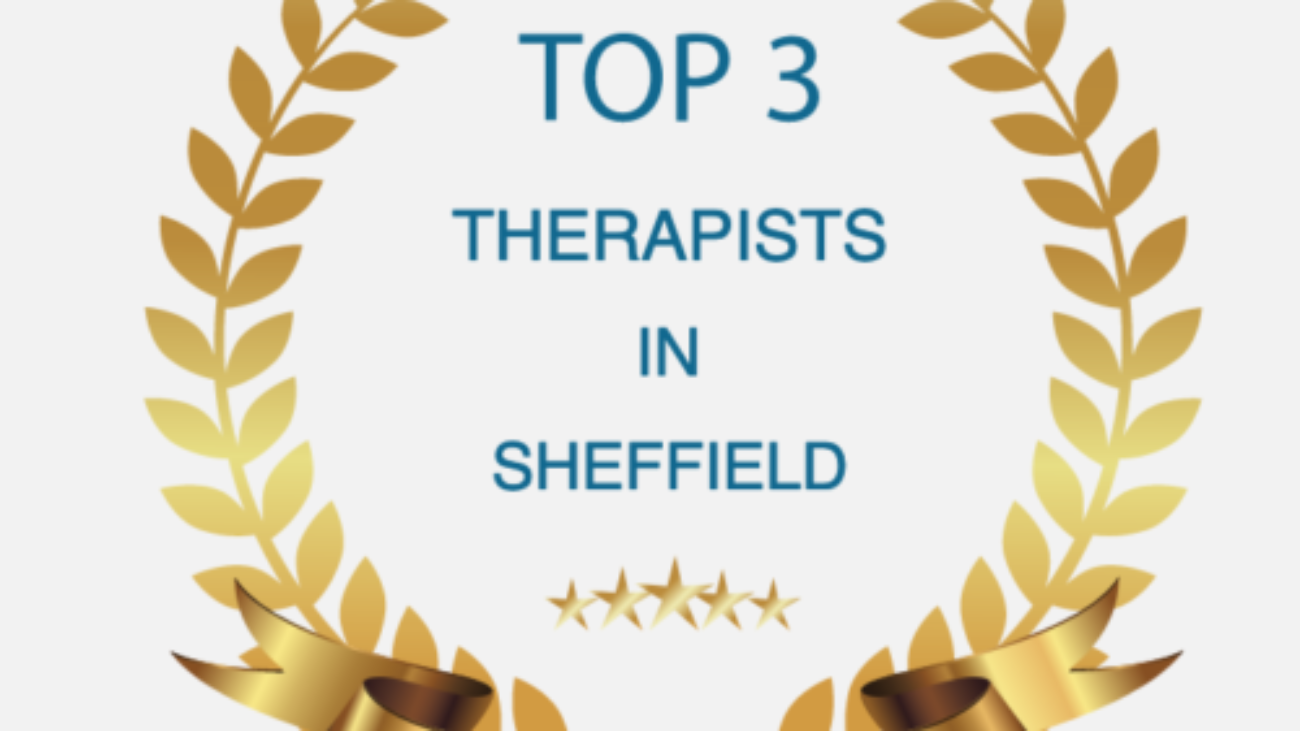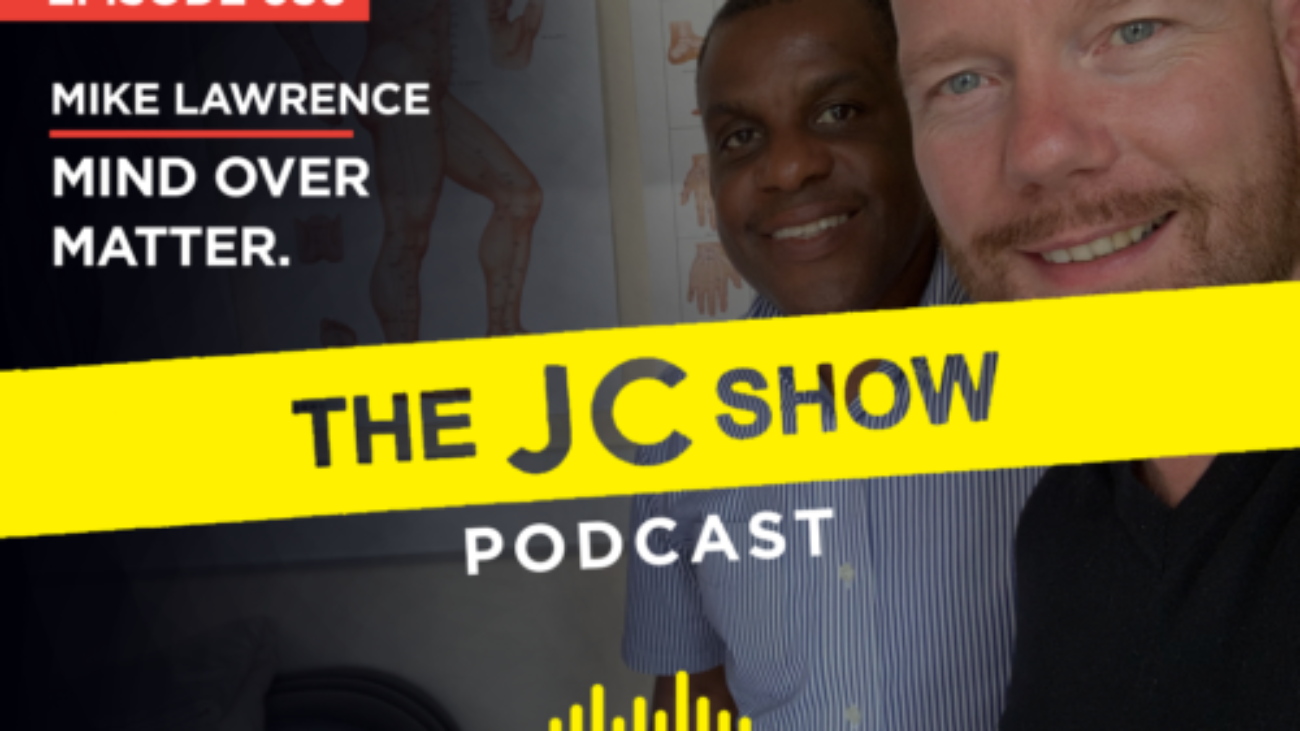Uncover The Importance of Self-Esteem and Emotional Health for a Balanced Life Amidst Global Challenges – Get Actionable Tips Now.
In the tapestry of modern life, where the threads of global events weave patterns of complexity and constant change, the importance of nurturing our inner world becomes ever more evident. With February marking the observance of both Boost Your Self-Esteem Month and Emotional Health Week, there is a poignant reminder that amidst the global noise, the quiet cultivation of self-appreciation and emotional wellbeing is beneficial and essential.
Why Focus on Self-Esteem and Emotional Health Matters
Self-esteem is the mirror through which we view ourselves, often reflecting back the complex interplay of our thoughts and experiences. It is our sense of personal worth and the foundation upon which we build our interactions with the world. Oprah Winfrey’s sentiment encapsulates this beautifully, emphasising the power of defining the world on our own terms, thus resisting the external pressures to conform to judgments that are not our own.
The benefits of fostering healthy self-esteem are profound. It is a barricade against the tumultuous tides of life, providing resilience against mental health challenges, enhancing our relationships, and empowering us to pursue our aspirations with conviction. During Emotional Health Week, we are reminded of the synergy between emotional resilience and self-esteem, where one reinforces the other, creating a harmonious balance within our psychological ecosystem.
Self-Esteem in the Digital Age
Our digital age, awash with images of curated perfection, can often erode the shores of our self-worth. The relentless comparison facilitated by social media platforms can lead to a relentless pursuit of an unattainable ideal, sowing seeds of doubt and self-criticism. The call to action is to invest time in ourselves, find those everyday affirmations that bolster our sense of self, and remember that what we see online is often not the full spectrum of reality.
The advice is clear: take a break from social media, embrace activities that nourish the soul, and surround yourself with positivity.
A Holistic Approach to Boosting Self-Esteem
Beyond digital detoxes, self-care is paramount. Simple lifestyle changes like a healthy diet, regular exercise, and engaging hobbies contribute significantly to our sense of self-worth. In the process of self-discovery and understanding, we learn to replace negative criticisms with positive affirmations, a practice that requires patience and persistence.
The Pyramid of Self-Esteem
At the base of self-esteem lies
- self-worth
- self-efficacy,
- and self-agency.
These three pillars form the bedrock of our self-perception, influencing our interactions and ability to cope with life’s challenges. We must learn to appreciate our successes, recognise our strengths, and set achievable goals to bolster these. By doing so, we construct a self-image that is robust, resilient, and reflective of our true potential.
Cultivating Emotional Health
Emotional Health Week encourages us to prioritise our emotional wellbeing by recognising the signs of emotional distress and addressing them proactively. By acknowledging our feelings, setting healthy boundaries, and seeking support when needed, we can navigate the complexities of our emotional landscapes with greater ease and confidence.
Navigating the Global Stage
Why does this all matter, especially when the world’s stage is crowded with pressing issues? It matters because the strength of our global community is a reflection of the individual wellbeing of its members. When we are grounded in healthy self-esteem and emotional wellbeing, we contribute to a more resilient, compassionate, and understanding world. We become better equipped to face global challenges with a sense of hope and collective purpose.
In essence, the journey towards enhanced self-esteem and emotional health is an ongoing process that requires mindfulness and a concerted effort to engage with ourselves and the world in a positive, affirming manner.
As we embark on this journey, let us remember that each small step taken is a stride towards a healthier, more balanced self and, in turn, a more harmonious world.
Mike Lawrence: Health & Wellbeing Enthusiast and Mental Health Advocate
Hi, I’m Mike Lawrence, and I’m dedicated to enhancing mental health and wellbeing. After overcoming significant health challenges, including brain surgery, I’ve committed to a journey of self-improvement and helping others. My adventures range from thrilling skydives for charity to transformative travels in Thailand. I share insights from my experiences and key learnings from impactful audiobooks. Join me in exploring holistic health and wellbeing, and let’s embrace life’s adventures together!
Feel free to connect with me through email at hello@mikelawrence.co.uk or Linkedin. For more detailed insights and stories from Mike, click here to read the latest blogs.


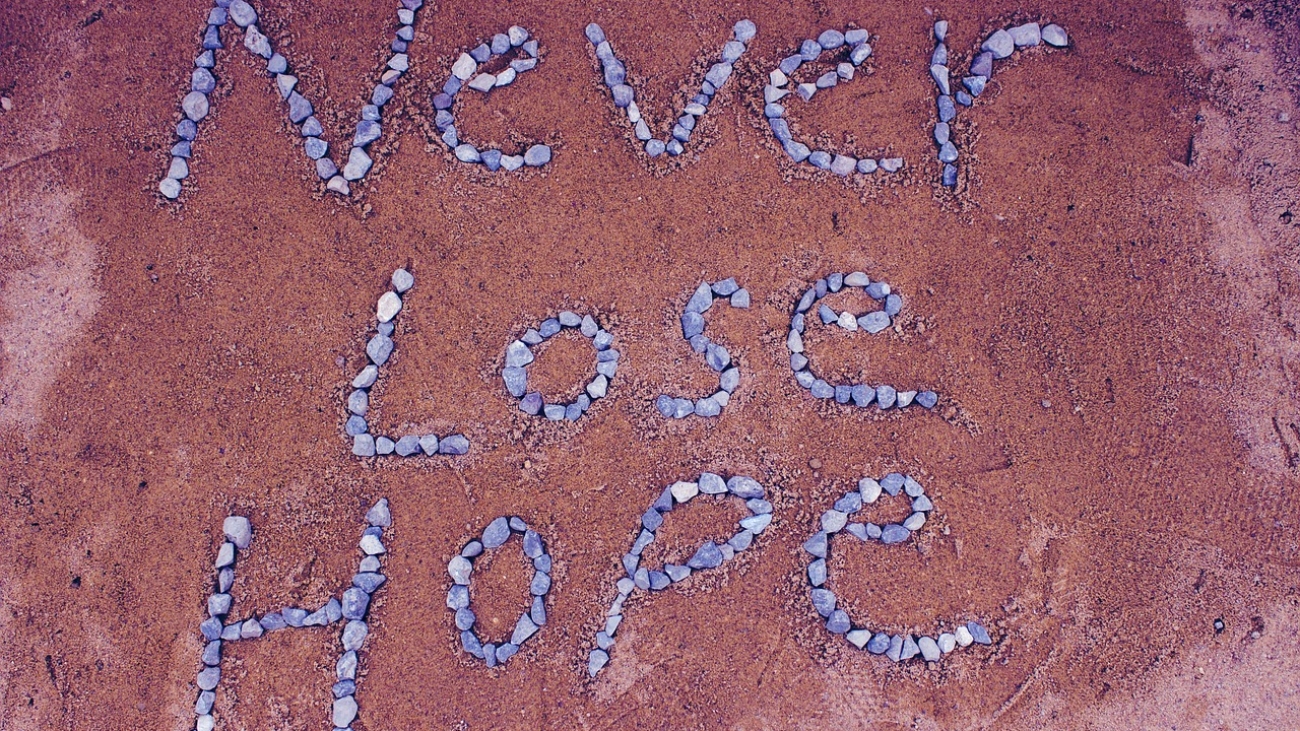
 In an age where uncertainty seems to be the only certainty, the shadow of the post-COVID era looms large, weaving a complex tapestry of emotional, psychological, and societal challenges. This pervasive uncertainty has become a central theme in our lives, sparking discussions in various settings—from Mental Health First Aid (MHFA)
In an age where uncertainty seems to be the only certainty, the shadow of the post-COVID era looms large, weaving a complex tapestry of emotional, psychological, and societal challenges. This pervasive uncertainty has become a central theme in our lives, sparking discussions in various settings—from Mental Health First Aid (MHFA) 
 One critical factor contributing to men’s mental health struggles is the current economic landscape in the UK. The rising cost of living and job insecurity have created a significant gap between personal income and expenditure. Men, who may have traditionally been seen as primary breadwinners, are feeling the strain as their earning potential erodes.
One critical factor contributing to men’s mental health struggles is the current economic landscape in the UK. The rising cost of living and job insecurity have created a significant gap between personal income and expenditure. Men, who may have traditionally been seen as primary breadwinners, are feeling the strain as their earning potential erodes. The positive shift in men seeking support extends to mental health first aid training courses. These courses aim to equip individuals with the skills to help others in distress. For the first time, I have witnessed more men than women in attendance, reflecting changing attitudes towards mental health within society.
The positive shift in men seeking support extends to mental health first aid training courses. These courses aim to equip individuals with the skills to help others in distress. For the first time, I have witnessed more men than women in attendance, reflecting changing attitudes towards mental health within society.

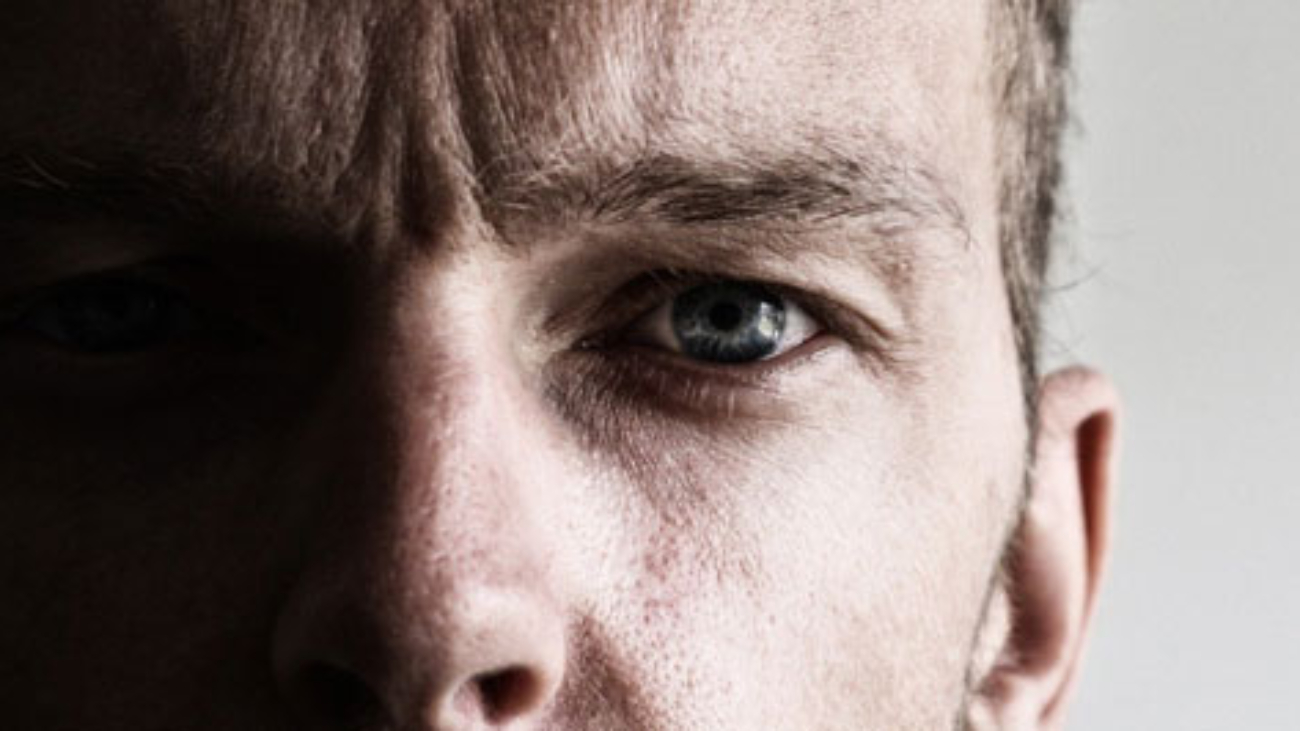
 One of the major reasons for this mental health crisis is the financial strain many people face. With the cost of living increasing and energy prices rising, many people are using their savings and taking out loans to make ends meet.
One of the major reasons for this mental health crisis is the financial strain many people face. With the cost of living increasing and energy prices rising, many people are using their savings and taking out loans to make ends meet.




 Imagine, we bring in the dawn of a new decade in January 2020, you make your New Years’ resolution, set goals such as lose weight, stop smoking, save money, find new love, or seek a new career.
Imagine, we bring in the dawn of a new decade in January 2020, you make your New Years’ resolution, set goals such as lose weight, stop smoking, save money, find new love, or seek a new career.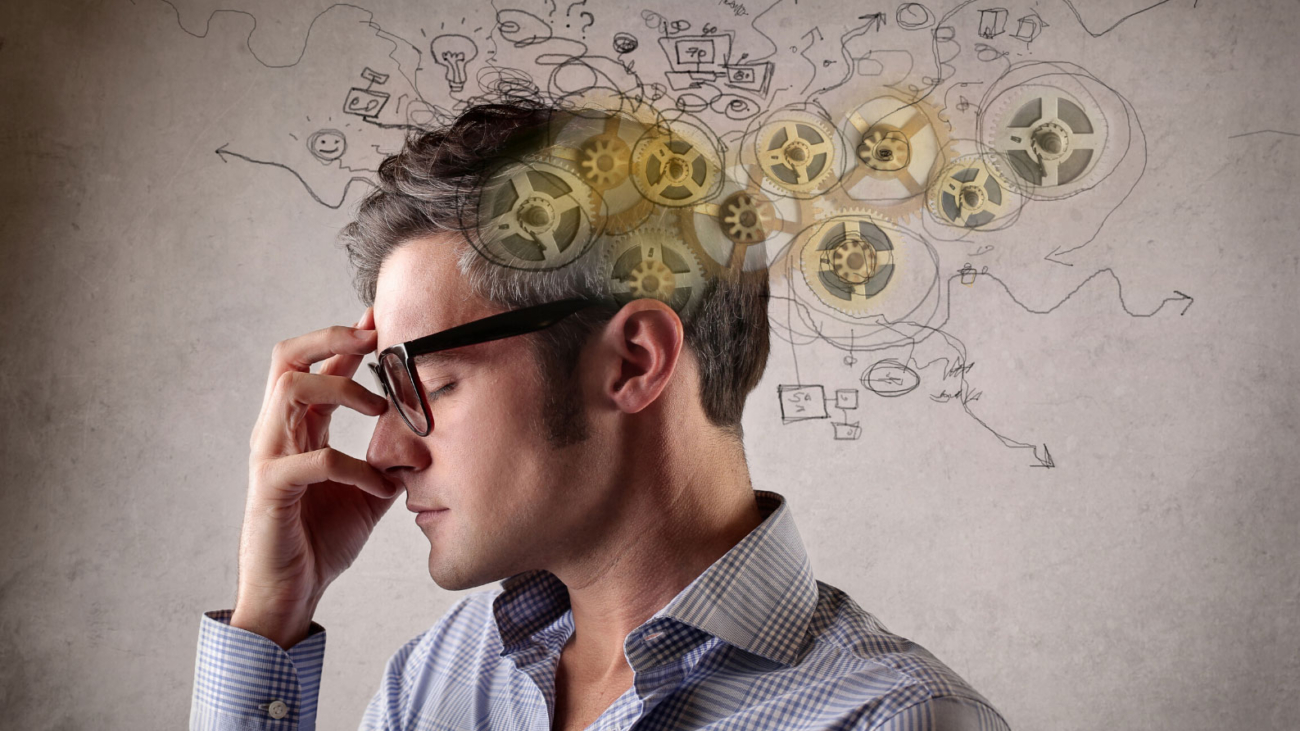
 Due to the current Coronavirus pandemic, many UK employees are now working from home for the foreseeable future. This will be the first experience for a huge amount of companies and employees.
Due to the current Coronavirus pandemic, many UK employees are now working from home for the foreseeable future. This will be the first experience for a huge amount of companies and employees.
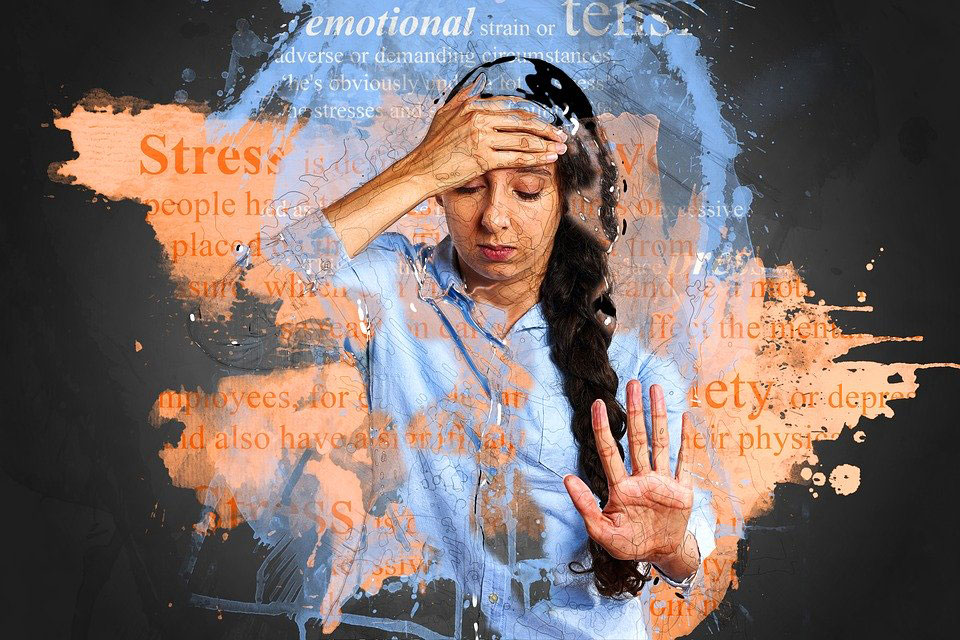 It’s Christmas! Time off work. Presents to buy. Drinking and eating more than you would regularly and visiting friends, family, loved ones. The season of goodwill, cheer and demanding work priorities go on the back burner in favour Christmas merriments.
It’s Christmas! Time off work. Presents to buy. Drinking and eating more than you would regularly and visiting friends, family, loved ones. The season of goodwill, cheer and demanding work priorities go on the back burner in favour Christmas merriments.
 How many times during a week have you found yourself saying, “I’m fine” to a colleague or friend when in fact you don’t really mean it?
How many times during a week have you found yourself saying, “I’m fine” to a colleague or friend when in fact you don’t really mean it?
 The phrase ‘burnout’ describes the collection of signs and symptoms, both psychological and physical, experienced by people due to their profession.
The phrase ‘burnout’ describes the collection of signs and symptoms, both psychological and physical, experienced by people due to their profession.

